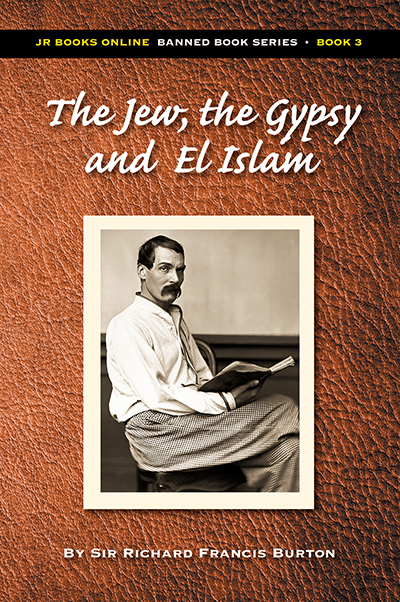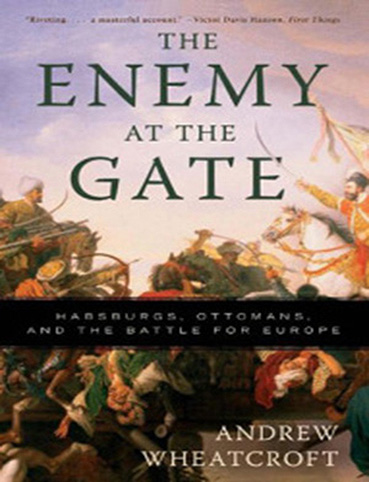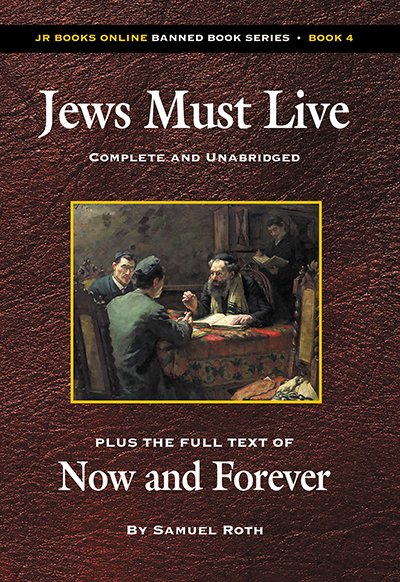Description
By Sir Richard F. Burton. A posthumously published work, edited by W.H. Wilkins and first released in 1898, comprising three distinct essays that reflect Burton’s ethnographic and cultural observations from his extensive travels.
The first section, “The Jew,” examines Jewish communities, particularly in Damascus, where Burton served as British Consul in the 1860s. He explores Jewish history, the Talmud, and societal perceptions, often employing essentialist language typical of his era. Interestingly, this essay was four times longer in its original unpublished format, which was kept under lock and key in the archives of the Board of Deputies of British Jews. The story of how they got their hands on the original manuscript is discussed in the foreword.
The second essay, “The Gypsy,” focuses on the Gypsy (“Romani”) people, drawing on Burton’s encounters across Europe and North Africa over three decades. He argues for a linguistic and cultural connection between the Roma and the Jats of India. Burton provides a detailed account of Romani customs, language, and traditions.
The final section, “El Islam,” explores Islam’s history, beliefs, and societal role, based on a manuscript Burton wrote after his 1853 pilgrimage to Mecca (one of the first and still one of the few non-Muslims to achieve this). He traces religious thought from early polytheism to monotheism, discussing Sunni and Shia distinctions and Islam’s political influence.
About the author: Sir Richard F. Burton (1821-1890) was a captain of the Bombay Army, co-discoverer of the source of the White Nile with John Hanning Speke, and British consul on the island of Fernando Po off the coast of Equatorial Guinea, at Santos, Brazil, at Damascus, Syria and at Trieste, Austria-Hungary.
He was one of the most important linguists of his day, creating a well-received direct-from-Arabic English translation of The Arabian Nights in 16 volumes. He was one of the original English translators of the Kama Sutra, an excellent swordsman and was knighted in 1886.
Interestingly, this essay was four times longer in its original unpublished format, which was kept under lock and key in the archives of the Board of Deputies of British Jews. The story of how they got their hands on the original manuscript is discussed in the foreword.
Softcover, 214 pages, #809.


